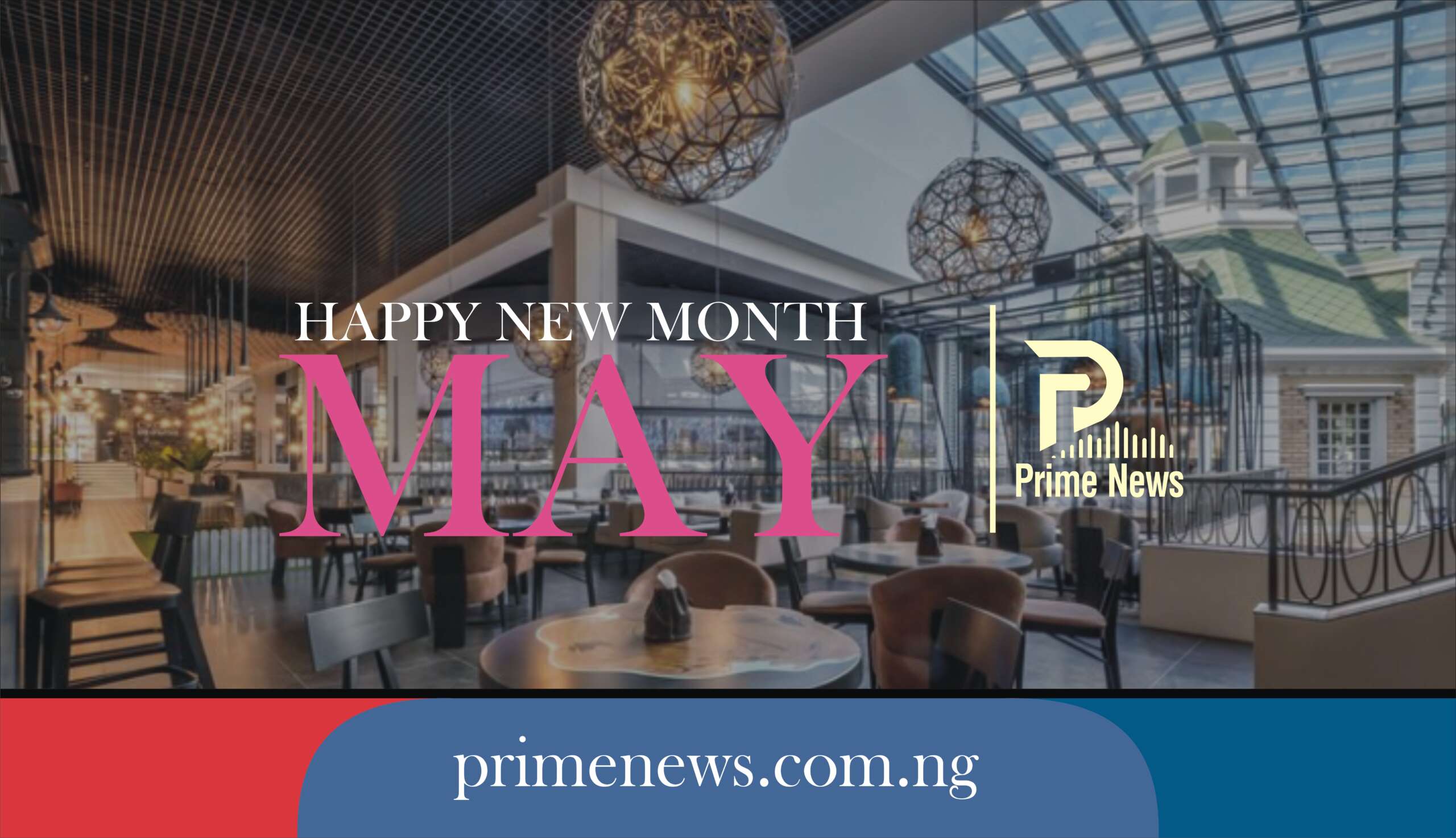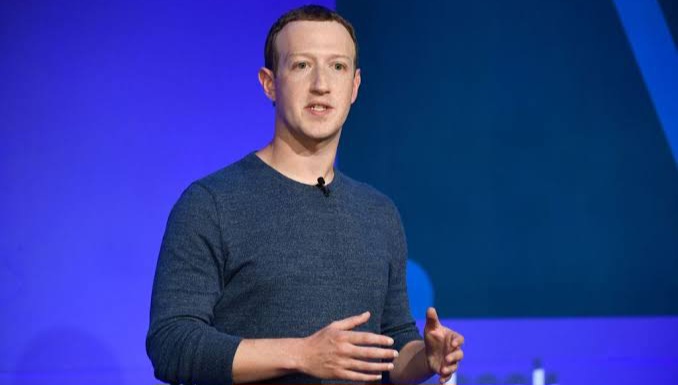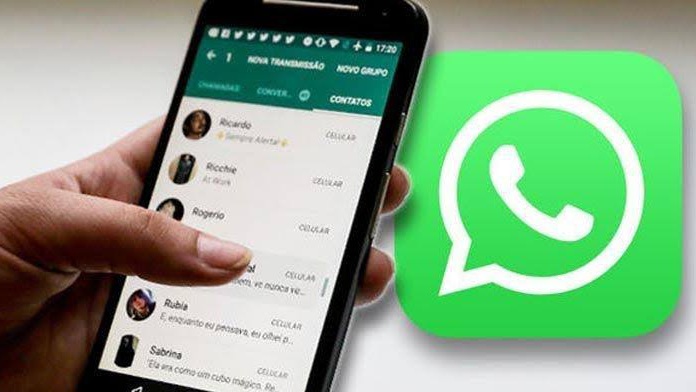 Meta, the parent company of Facebook and Instagram, has warned it may restrict access to its social media platforms in Nigeria following substantial fines levied by local regulatory authorities.
Meta, the parent company of Facebook and Instagram, has warned it may restrict access to its social media platforms in Nigeria following substantial fines levied by local regulatory authorities.
In 2023, three Nigerian regulatory bodies imposed combined penalties exceeding $290 million on the U.S. tech giant for violations of local laws. Despite Meta’s attempts to contest the fines in an Abuja High Court, the court upheld the rulings and ordered the company to pay the full amount by the end of June 2025.
Although Meta also owns WhatsApp, the messaging app was notably excluded from the potential platform restrictions.
Facebook continues to be the most widely used social media platform in Nigeria, playing a vital role in communication, news dissemination, and supporting countless small businesses and digital entrepreneurs across the country.
The largest of the penalties—$220 million—was issued by the Federal Competition and Consumer Protection Commission (FCCPC), citing anti-competitive practices. The Advertising Regulatory Council of Nigeria (ARCON) followed with a $37.5 million fine for unauthorized advertising, while the Nigerian Data Protection Commission (NDPC) fined Meta $32.8 million for alleged breaches of data privacy laws.
 FCCPC CEO Adamu Abdullahi noted that a joint investigation with the NDPC from May 2021 to December 2023 revealed “invasive practices” impacting Nigerian consumers, though he did not elaborate on the details.
FCCPC CEO Adamu Abdullahi noted that a joint investigation with the NDPC from May 2021 to December 2023 revealed “invasive practices” impacting Nigerian consumers, though he did not elaborate on the details.
Meta, in its court filing, argued that the NDPC had “misinterpreted” data privacy regulations. The commission had demanded that Meta secure prior consent before transferring any personal data outside Nigeria—a requirement Meta described as “unrealistic.”
Additionally, Meta was directed to produce and promote educational videos, in collaboration with government-approved institutions and nonprofits, highlighting the dangers of “manipulative and unfair data processing.” The NDPC emphasized that such practices could pose serious health and financial risks to Nigerian users.
If Meta follows through with restricting Facebook and Instagram, the decision could have significant consequences for Nigerian content creators and small businesses that rely heavily on these platforms for income and visibility.





